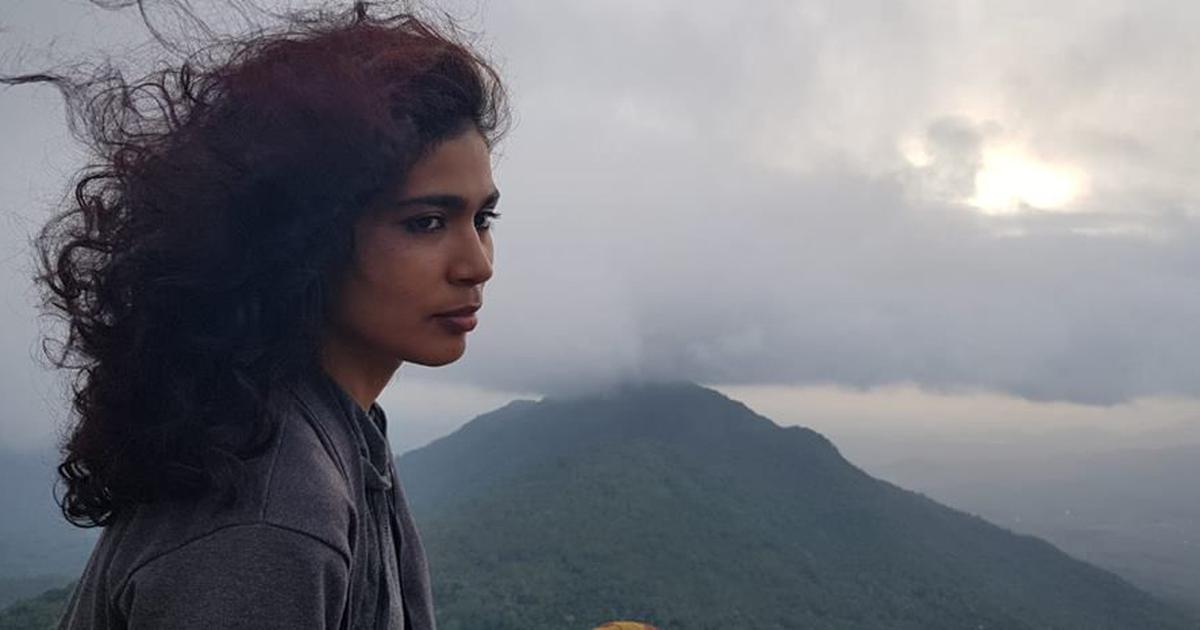
Video spreading obscenity, SC tells Kerala activist; scraps bail plea

The Supreme Court on Friday (August 7) dismissed the anticipatory bail of Kerala activist Rehana Fathima in cases against her for featuring in video in which minor children were seen painting on her semi-nude body.
Expressing his wonder on the court having to hear such a case, Justice Arun Mishra said Fathima was “spreading obscenity” which will “leave a very bad taste in society.”
The case was being heard by a bench of Justices Arun Mishra, BR Gavai and Krishna Murari.
Fathima (who was one of the activists who attempted to enter the Sabrimala Temple in September 2018), had moved the apex court after the Kerala High Court denied her anticipatory bail.
In her argument, she had said that Goddesses in Kerala are depicted in idols and murals with bare breasts and when one prays at the temple the feeling is not of sexual arousal, but of divinity.
Senior advocate Gopal Shankaranarayan, appearing for the petitioner, said the allegation of child pornography was made although it was a mother asking her children to paint on her half nude body.
The bench said, “What kind of matters are coming? Its little baffling.” It said that she may be an activist but this kind of thing is unthinkable. What is the impression this will give to the children about the culture of this country, the bench observed. Shankaranarayanan said that in this country, if a man stands half nude there is nothing but if a woman does so, then there is all this. He said the court should just ignore this individual and look into the anticipatory bail application as search and seizure has been done in the case and the statement has been recorded.
Shankarnarayanan sought to know as to why is custodial interrogation needed now in this case. He said that children are clothed but they have added sections of child pornography.
The top court said that the petitioner is using a child to paint on his or her body. The bench dismissed the plea.
On July 24, the Kerala High Court had dismissed the anticipatory bail of Fathima observing that it was not in a position to agree with the petitioner that she should teach sex education to her children in this manner. Justifying her act, she had submitted that so far as children are concerned, they need to be imparted sex education and made aware of the body and its parts as well enabling them to view it as a different medium altogether rather than seeing it as a sexual tool alone. The high court had observed that the petitioner has got the freedom to teach her children according to her philosophy, “but, that should be within the four walls of her house and should not be forbidden by law”.
The allegation against Fathima is that she asked her children, a boy and girl aged 14 and eight respectively to paint on her semi-nude body. The video was shot by her and uploaded on social media. When the video was found by the Cyber Dome, Kochi City Police, a case was registered against the activist in June, alleging offences punishable under various sections of the Protection of Children from Sexual Offences Act, 2012 (POCSO Act), Information Technology Act, 2000 and the Juvenile Justice (Care and Protection of Children) Act, 2015.
Earlier, the woman was also booked by the police in Pathanamthitta district under the Information Technology Act and the Juvenile Justice Act on a complaint lodged by BJP OBC Morcha leader A V Arun Prakash. The Kerala State Commission for Protection of Child Rights, which sought a report on the matter from Pathanamthitta district police chief, had also directed the police to register a case against the woman under various sections of the POCSO Act. After the Supreme Court allowed women in traditionally barred age groups of 10-50 into the Sabarimala temple in September 2018, Fathima made an attempt to enter the hill shrine, but had to retreat following protests by Hindu activists and devotees.
(With inputs from agencies)

